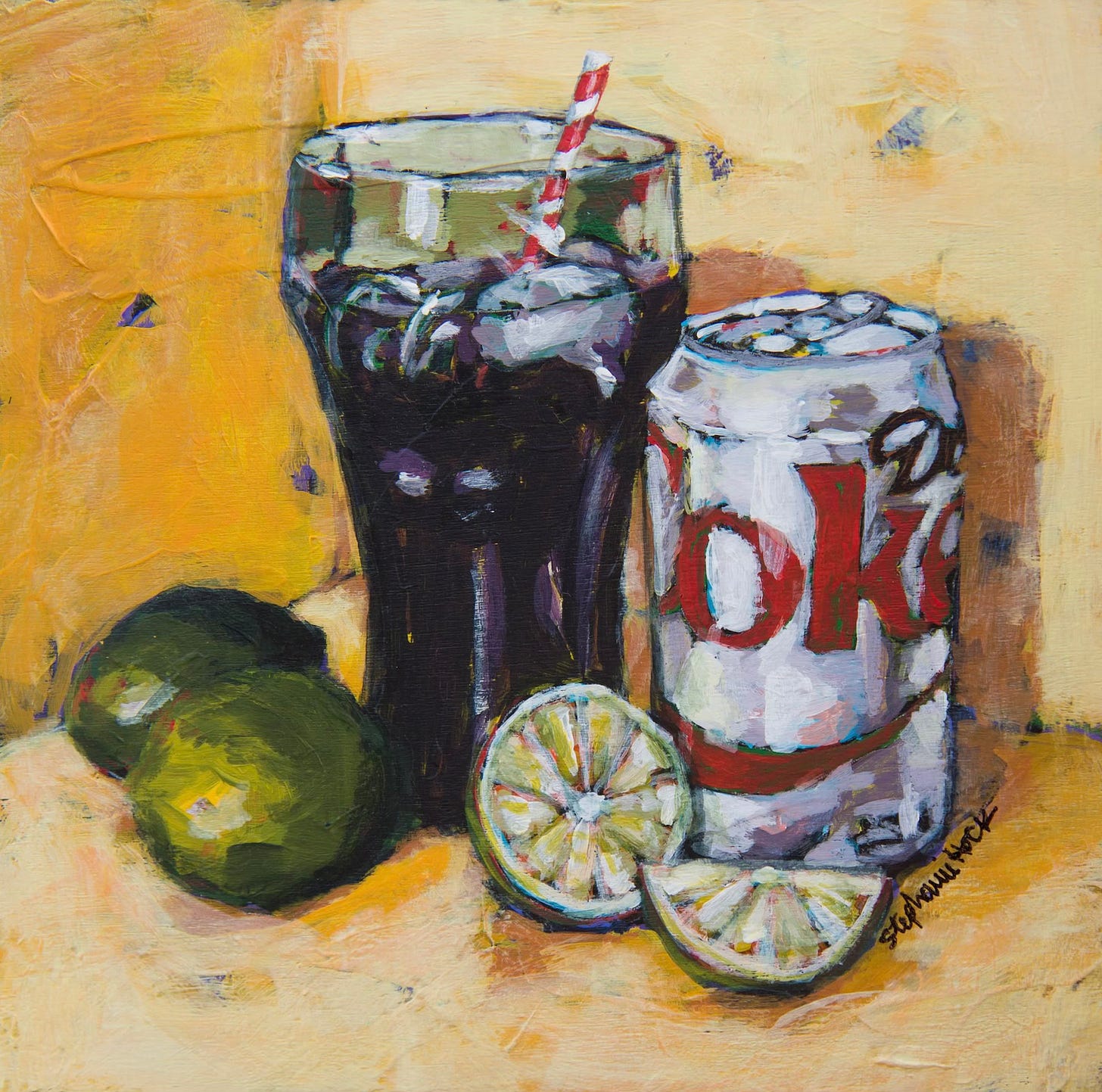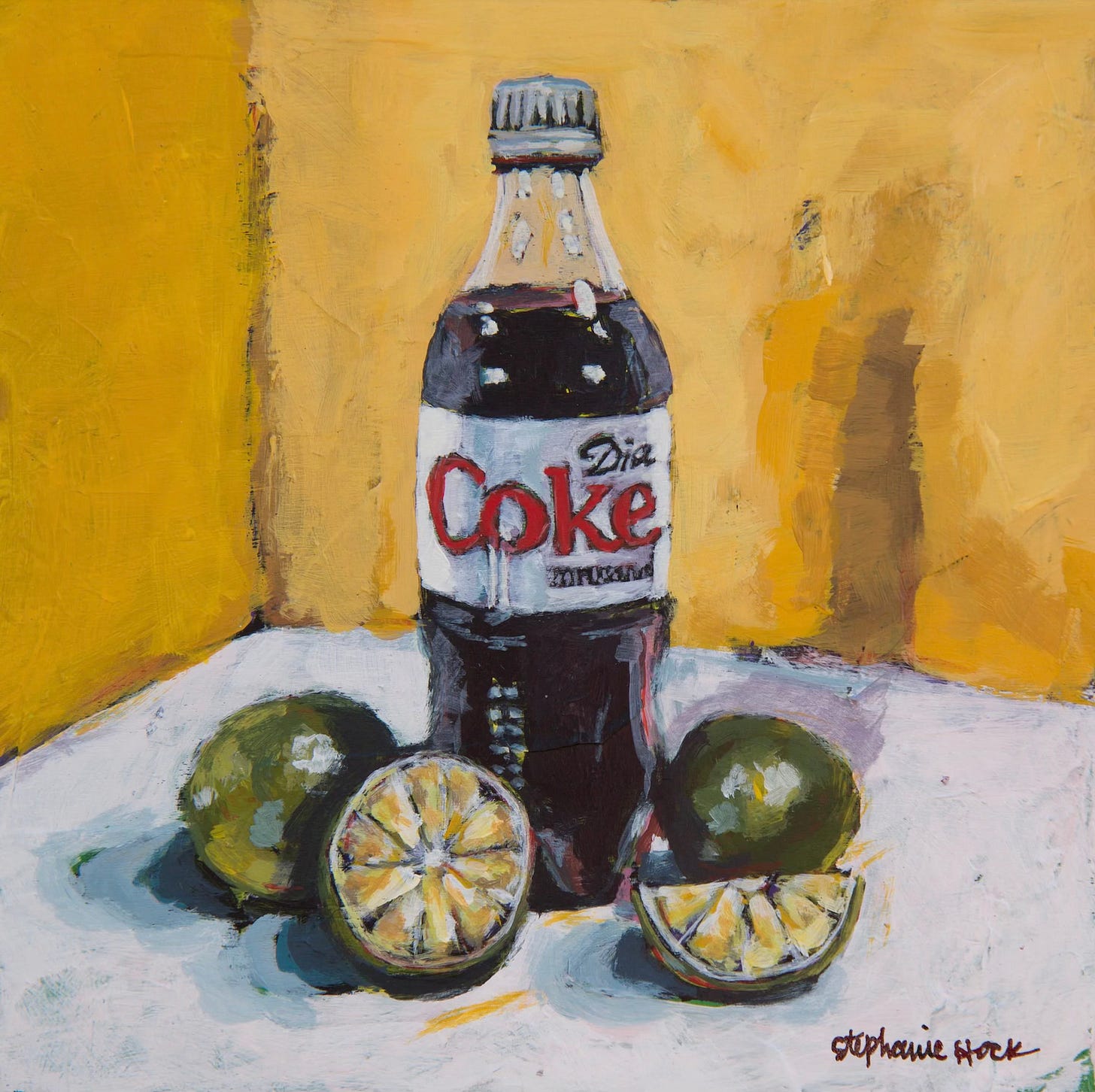Why the Word of Wisdom?
Wayfare Perspectives
Why the Word of Wisdom? Accepting the Word of Wisdom as primarily a proposition of faith, a selection of Wayfare editors and readers here offer additional perspectives, reasons, and lines of inquiry for seeking the wisdom behind the Word of Wisdom.
I’m interested in what the Word of Wisdom has to say about living seasonally and how that ties into not just the earth’s seasons but seasons of life and bodily cycles. —Grace Carter
God wants us to have access to our full selves. If we are under any kind of influence or addiction, we lose the ability not only to think as clearly but to notice the Spirit. God wants us to be able to use our full faculties without interference. —Rachel Buswell
When I was ten years old, I read an article in The Friend about the Word of Wisdom. I then decided to read Doctrine and Covenants 89 for myself. It convinced me to become vegetarian for a while. I was amazed at all the flak I got for being vegetarian at the time, and many people implied that it was actually unrighteous. Our culture's dietary expectations have caused us to ignore verses twelve and thirteen, but that doesn't mean those verses are wrong. —Mark Melville
If you think about the products that are most destructive to the environment and that require the most cheap labor to harvest, coffee, tea, and tobacco are near the top. Factory farming and butchering of meat is grotesquely cruel to both animals and human workers. Alcohol production and advertising are societal scourges and sources of immense wealth for a few people. Keeping the Word of Wisdom keeps us clean from at least a little of the capitalist blood and sin of our generations. —Kristine Haglund
I’ve found following the Word of Wisdom to be a meaningful exercise in both discipline and harmony. It has fostered discipline in me by teaching principles that emphasize raw nutrition as a foundation that counters our inclination to indulge in foods and substances designed to addict. It has also cultivated harmony in me by encouraging earthly stewardship and a deeper connection to my food. By following the Word of Wisdom in sparing the lives of animals, avoiding strong drink and tobacco, and consuming the herbs, grains, and fruits ordained for our use, I have become more at one with creation and my divine nature. —Ryan Bischoff
I’m moved by the idea that, as a community, we collectively refrain from partaking of substances that, while likely not a problem for most, could prove a stumbling block to some of our sisters and brothers. For many people, a single glass of wine once a day with dinner would not be problematic and might even provide moderate health benefits; yet for others, especially those genetically predisposed to alcohol abuse disorder, maintaining that moderation could be difficult if not impossible. And so, as a faith community, we all abstain in order to strengthen and protect the most vulnerable among us. —Sharlee Mullins Glenn
Because coffee, tea, tobacco, and alcohol are so common and accepted in our society, the choice to abstain offers me frequent opportunities to remember and consciously affirm that I am choosing to belong to a different community. I view my choice not to use these substances as a symbol of my commitment to keep God at the top of my mind. Since I exist in a society saturated with these substances, I am surrounded by opportunities to remember and keep that commitment. Tying prayer to meals, wearing sacred undergarments daily, and regularly partaking of the sacrament can all function similarly—as opportunities to use our routine, everyday behaviors to point us to and remind us of our commitment to God. Choosing to live the Word of Wisdom helps me remember that it is to Him I wish to belong. —Aubrey Gibson
The Word of Wisdom can only be fully justified as an act of faith. Still, it is good to nourish faith in the soil of reason, evidence, and experiment—namely, it implicitly instructs us to avoid exploitative food labor practices. Over the past two centuries, monocropping and industrial agriculture have fed a booming global population as well as concentrated control of the food chain into the hands of a few massive agribusinesses—fewer, in fact, than the number of global telecom giants today. Early Church history unfolds at the moment when industrialization was first making clear that industries harm people not just with the addictive substances they produce but the very people, both enslaved and immigrant, whose labor brings the harvest. Locally grown and wholesomely harvested foods endorsed by the Word of Wisdom are harder to find today, as profit-driven industries push processed sugars, fats, and factory-farmed meat at the expense of public health. To the (slight yet suggestive) extent that the Word of Wisdom spares us from food free from exploitation (see related Church resources here), it speaks to the spiritual well-being of all those who thrust in the sickle. —Benjamin Peters
I think a fuller understanding of the Word of Wisdom encourages us to look at our individual bodies and empowers us to wisely follow whatever most benefits each individual. Take my example: I drank a lot of soda for 20 years. When (at the suggestion of a medical doctor and after an ADHD diagnosis in the family), I finally gave myself permission to look for other sources of caffeine, I came to find that coffee made my body and brain work better and that soda had been causing so much anxiety for me. Dropping soda chemicals for plant-based caffeine has improved my life dramatically. I ache to be able to warn my twenty-seven-year-old self, swimming in the deep waters of new babies and anxiety, that there are better ways to survive than guzzling what appears to have Word of Wisdom approval. Paying attention to how each food or drink affects our individual bodies feels essential to me. I wish I could have had the space to discover what my body needed then, and I pray that each of us will learn what each of our bodies needs now. —K.C.
The Word of Wisdom was not a requirement for the temple nor a strict tenet of Mormonism until the early 1900s. Joseph Smith himself drank and likely chewed tobacco. Our faith, rooted in ongoing revelation, has evolved over time. Speaking in tongues, polygamy, and militance practiced in the early church may surprise modern members; nevertheless, the early church was also composed of individuals trying to be close to God, just like today.
A lot has happened to my family in the last four years. Small alcoholic intake has been a manageable and effective coping mechanism. However, just a few months ago my husband and I decided we wanted to live a simpler life. Whether followed as guidelines or as law, the Word of Wisdom makes our life simpler. Enjoying more emotional and physical health has reopened a dialogue between the Godhead and me. Obedience used to loom over me but now I leave room for the Godhead to walk with me. Perhaps accepting our history and leaving room for dialogue surrounding the Word of Wisdom will bring people to Christ instead of pushing them away. I don’t know how long it will take to be completely sober but for the first time in a long time I feel close to Divinity. —Emi Conger
Can a pretzel be evil? I believe that moralizing what we consume is misguided—it often leads to fat-shaming and other negative societal movements that I don't see as beneficial. Ultimately, there is nothing inherently moral or immoral about a particular food or drink; its value is determined by context. We should ask ourselves: When are we consuming it? Why are we consuming it? What effects does it have on our bodies? The difficulty is that these answers can only be given individually, but health codes seek to apply broadly. Given the clear connection between our physical health and our mood, self-image, and spirit, it's vital to be mindful of what we consume. Whether it is alcohol or Doritos, we must determine if it is right for us. There isn't a good and bad cheat sheet for us to reference to make our decision.
Oftentimes culture determines the goodness of a food. The Word of Wisdom is a great example of this. Culture has selectively chosen which parts are necessary and which can be ignored. There is a reason people associate avoiding coffee and alcohol with the church but don’t consider meat consumption. It’s important to recognize these cultural influences to make sure we are making the decision for us and not just applying what works for others. —Nathan Allred
As a physician, the Word of Wisdom generally makes sense to me—much of it has held up as science has evolved. Alcohol, once thought to offer some health benefits, is now widely recognized as harmful. And anyone familiar with college drinking culture knows campuses would likely be better off without it. Still, I agree that the Word of Wisdom cannot only be about health—largely because science doesn’t fully align with how we interpret it. Take coffee: some research suggests mild health benefits, and it’s clearly not on the same level as tobacco or even alcohol. But I’m fine with abstaining, for two reasons.
First, a Catholic friend once told me she gave up meat—not for ethics alone, but as a chosen sacrifice. She liked meat, which made giving it up a meaningful daily reminder of her devotion to God. I’ve adopted a similar approach with coffee. Abstaining becomes a quiet, personal way to remember the first great commandment.
Second, not drinking coffee connects me to a peculiar but beloved community. I have rational reasons for avoiding alcohol, but coffee? Not really—except that it marks me as a Latter-day Saint. That identity matters. It binds me to others who share this odd commitment. As Tevye once said, “I always wear my hat. Why? I don’t know.” Maybe not knowing is the point. Maybe doing a strange thing together is part of what makes us us. —Tyler Johnson
Cece Proffit is the social media editor for Wayfare. Benjamin Peter is an associate editor for Wayfare. All entries have been edited for concision and clarity.
Art by Stephanie Hock.






My key takeaway from the word of wisdom is that God cares about the condition of our physical bodies. It’s possible to think that our physical health is completely unrelated to our spiritual health or purpose on the earth, but God giving us commandments and promises related to physical health signifies that it does matter.
I also think that D&C 88:124 should be included in discussions about the word of wisdom—it’s right there on the other page, and I think that ensuring good sleep and avoiding idleness is crucial in our efforts for good health in the modern world